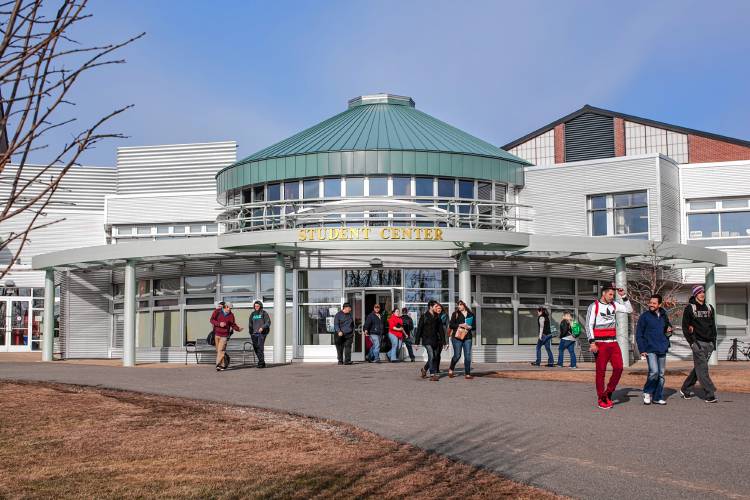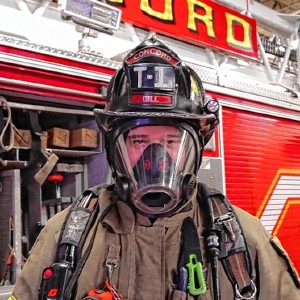Task force: NH community colleges should automatically accept high school graduates

Students walk on the campus of NHTI in Concord. Courtesy of NHTI
|
Published: 04-03-2024 11:07 AM
Modified: 04-03-2024 3:29 PM |
New Hampshire’s community college system should turn its seven distinct colleges into one college with seven campuses to give students more flexibility, automatically accept New Hampshire high school graduates, and have its curriculum and academic credits better align with the state’s university system.
Those are among the recommendations of a task force that has been studying the state’s two systems of higher education since last year. The task force was created under Gov. Chris Sununu in reaction to a continuing decline in public college enrollment in New Hampshire and many other states.
“We need to be able to be flexible because there’s a different type of student that we’re going to see moving forward as the number of young people continue to decline,” said Nick Toumpas, a member of the Community College Board of Trustees who served on the 13-person task force, which included people from industry, academia and state government.
Community colleges offer two-year associate degrees at seven sites, including NHTI in Concord, while the university system at Durham, Keene, and Plymouth offers four-year bachelor’s degrees as well as master’s and doctoral degrees. Many of the task force’s recommendations concern combining aspects of the two systems, which have traditionally operated separately, to save administrative costs but mostly to increase options for students.
“My thesis is we’re in a world where post-secondary education is going to grow,”said Mark Rubenstein, chancellor of the community college system. “That may seem to defy demographics but … if you think about the change in technology, the changes in industry, there are going to be people working in occupations, industries, that may not even exist today. We have to find ways to continue making post-secondary education accessible throughout people’s work lives,”
He noted that some 40% of the community college students are currently adults, rather than students going straight to college from high school.
“It may look different in 10 or 20 years than it does right now, but the demand for … life-long learning tied to career and opportunities is going to grow.”
Among the task force recommendations is to obtain New England Commission of Higher Education accreditation for the community college system “as a single statewide college with locations throughout the state” instead of, as is done currently, for each of the seven colleges individually. Among other things, this could allow students to take courses at more than one campus, such as a specialized class not offered everywhere, without having to re-apply.
Article continues after...
Yesterday's Most Read Articles
Doing this will require aligning the curriculum more closely. “Each of these colleges offers algebra courses but they’re not the same,” said Toumpas. “(Students) can’t easily move from one to another.”
The task force also recommends automatic enrollment of high school graduates into the community college system, while the university system should automatically accept state community college students who have a predetermined grade point average.
N.H. Rep. David Luneau, D-Concord, another task force member, said that is part of the bigger goal of increasing student attainment.
“It’s not just about universities and the community colleges, it’s about K-through-12, too, making sure … there are clear pathways middle school and high school, as students wish to take them,” he said. “That was a big thing Chris Sununu was pushing at, really increasing attainment for Granite Staters.”
Sununu will review the findings and recommendations “and work with legislative leaders to implement agreed-upon recommendations in a timely fashion,” the governor’s office wrote in a prepared statement.


 Granite Geek: Free government software for taxes – what could go wrong? (Not much, as it turns out)
Granite Geek: Free government software for taxes – what could go wrong? (Not much, as it turns out) To snuff out cancer, NH firefighters seek regular screenings
To snuff out cancer, NH firefighters seek regular screenings New Hampshire jury finds state liable for abuse at youth detention center and awards victim $38M
New Hampshire jury finds state liable for abuse at youth detention center and awards victim $38M Jurors hear closing arguments in landmark case alleging abuse at New Hampshire youth center
Jurors hear closing arguments in landmark case alleging abuse at New Hampshire youth center
